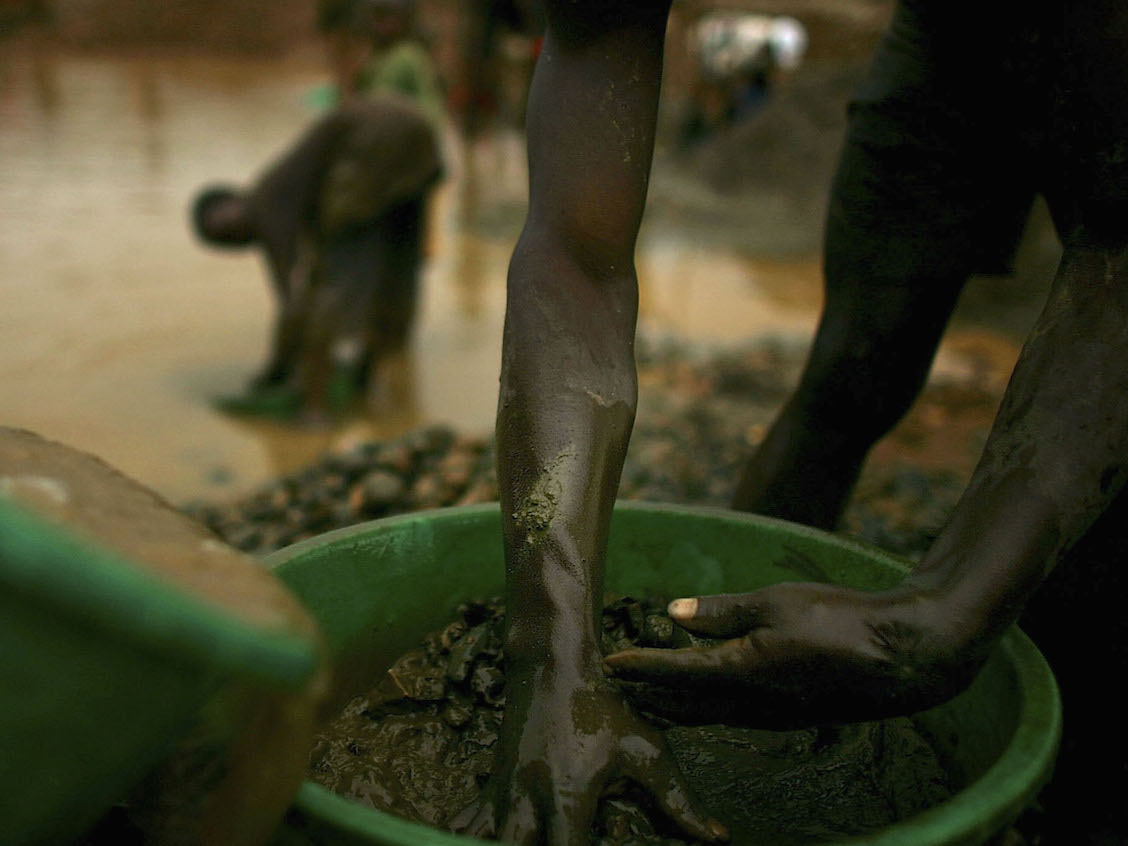
“What we have now is all the ingredients for a humanitarian catastrophe”
The people of the Democratic Republic of Congo (DRC) are facing an uncertain 2018. The humanitarian situation deteriorated dramatically in 2017, and the country is now facing a crisis of massive proportions, says CARE International.
Across the country, more than 8.5 million people are in urgent need of humanitarian assistance, a figure that’s expected to increase to 13.1 million in 2018.
A surge in violent conflict and inter-communal tensions forced over a million people to flee their homes in 2017. More than 4.1 million Congolese are now displaced, with 620,000 seeking refuge in neighbouring countries. Over 7.5 million people do not have enough food to eat, an increase of 30 per cent over 12 months.
“What we have now are all the ingredients for a humanitarian catastrophe,” says Pierre Bry, CARE’s Country Director for the DRC. “If the international community doesn’t react quickly, it will be too late.” Violence in the Kasai region displaced over 1.4 million people in 2017, many of them women and children. Together, North and South Kivu account for almost 40 per cent of the total IDP population in the DRC. Schools, health centres and infrastructure have been destroyed, and farmers have missed planting seasons.
The DRC is a complex and challenging environment, but the single biggest impediment to the humanitarian response in the DRC is the shortage of funding. The UN’s humanitarian appeal for the DRC struggled to meet half its target for 2017.
“Without funding, we can’t reach people,” says Mr.Bry. “It means we can only reach a few of the millions of people who don’t have enough to eat. It means more children will go hungry. It means that not all survivors of the horrific sexual violence that marked the conflict in the Kasai will receive the help they need.”
“2017 was a bad year for the Congolese. 2018 will only be worse,” added Mr.Bry.











